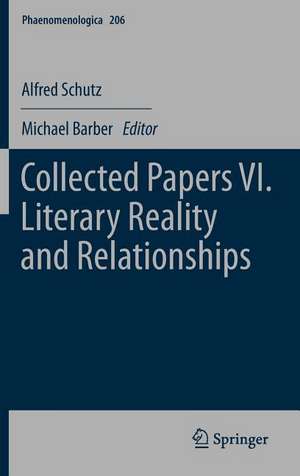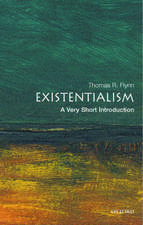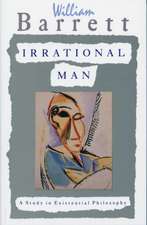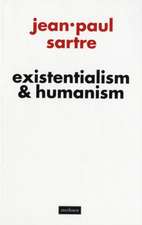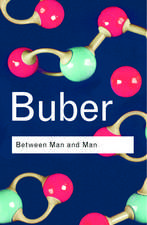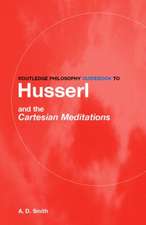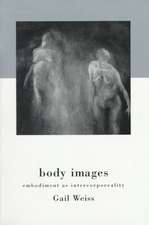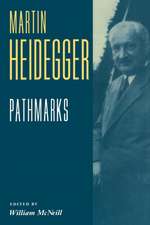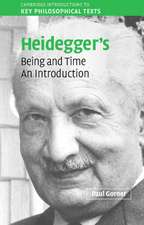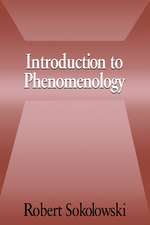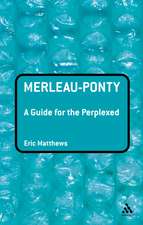Collected Papers VI. Literary Reality and Relationships: Phaenomenologica, cartea 206
Autor Alfred Schutz Editat de Michael Barberen Limba Engleză Hardback – 13 oct 2012
| Toate formatele și edițiile | Preț | Express |
|---|---|---|
| Paperback (1) | 794.72 lei 38-44 zile | |
| SPRINGER NETHERLANDS – 9 noi 2014 | 794.72 lei 38-44 zile | |
| Hardback (1) | 800.02 lei 38-44 zile | |
| SPRINGER NETHERLANDS – 13 oct 2012 | 800.02 lei 38-44 zile |
Din seria Phaenomenologica
- 20%
 Preț: 816.33 lei
Preț: 816.33 lei - 13%
 Preț: 478.40 lei
Preț: 478.40 lei - 20%
 Preț: 629.12 lei
Preț: 629.12 lei - 13%
 Preț: 491.46 lei
Preț: 491.46 lei - 13%
 Preț: 542.55 lei
Preț: 542.55 lei - 20%
 Preț: 553.67 lei
Preț: 553.67 lei - 15%
 Preț: 633.02 lei
Preț: 633.02 lei -
 Preț: 417.02 lei
Preț: 417.02 lei -
 Preț: 417.90 lei
Preț: 417.90 lei -
 Preț: 418.29 lei
Preț: 418.29 lei -
 Preț: 389.49 lei
Preț: 389.49 lei -
 Preț: 425.42 lei
Preț: 425.42 lei - 15%
 Preț: 577.72 lei
Preț: 577.72 lei - 15%
 Preț: 527.32 lei
Preț: 527.32 lei - 15%
 Preț: 636.80 lei
Preț: 636.80 lei - 18%
 Preț: 952.89 lei
Preț: 952.89 lei - 18%
 Preț: 949.42 lei
Preț: 949.42 lei - 15%
 Preț: 643.65 lei
Preț: 643.65 lei - 18%
 Preț: 1225.48 lei
Preț: 1225.48 lei -
 Preț: 389.31 lei
Preț: 389.31 lei - 18%
 Preț: 1113.39 lei
Preț: 1113.39 lei - 18%
 Preț: 952.40 lei
Preț: 952.40 lei - 18%
 Preț: 1664.61 lei
Preț: 1664.61 lei - 18%
 Preț: 1551.73 lei
Preț: 1551.73 lei - 18%
 Preț: 1222.31 lei
Preț: 1222.31 lei - 18%
 Preț: 944.19 lei
Preț: 944.19 lei - 15%
 Preț: 642.51 lei
Preț: 642.51 lei - 18%
 Preț: 1112.78 lei
Preț: 1112.78 lei - 18%
 Preț: 891.80 lei
Preț: 891.80 lei - 18%
 Preț: 948.47 lei
Preț: 948.47 lei - 18%
 Preț: 1224.18 lei
Preț: 1224.18 lei - 18%
 Preț: 946.87 lei
Preț: 946.87 lei - 15%
 Preț: 578.84 lei
Preț: 578.84 lei - 15%
 Preț: 464.18 lei
Preț: 464.18 lei - 18%
 Preț: 839.56 lei
Preț: 839.56 lei
Preț: 800.02 lei
Preț vechi: 1052.66 lei
-24% Nou
Puncte Express: 1200
Preț estimativ în valută:
153.09€ • 160.24$ • 127.41£
153.09€ • 160.24$ • 127.41£
Carte tipărită la comandă
Livrare economică 26 martie-01 aprilie
Preluare comenzi: 021 569.72.76
Specificații
ISBN-13: 9789400715172
ISBN-10: 940071517X
Pagini: 422
Ilustrații: VI, 414 p.
Dimensiuni: 155 x 235 x 28 mm
Greutate: 0.68 kg
Ediția:2013
Editura: SPRINGER NETHERLANDS
Colecția Springer
Seria Phaenomenologica
Locul publicării:Dordrecht, Netherlands
ISBN-10: 940071517X
Pagini: 422
Ilustrații: VI, 414 p.
Dimensiuni: 155 x 235 x 28 mm
Greutate: 0.68 kg
Ediția:2013
Editura: SPRINGER NETHERLANDS
Colecția Springer
Seria Phaenomenologica
Locul publicării:Dordrecht, Netherlands
Public țintă
ResearchCuprins
Editorial Introduction by Michael Barber.- Life Forms and Meaning Structures.- The Problem of Personality in the Social World”.- Two Goethe Texts: “Wilhelm Meisters Lehrjahre” (Wilhelm Meister’s Year of Apprenticeship) and “Zu Wilhelm Meisters Wanderjahren” (On Wilhelm Meister’s Years of Travel).
Textul de pe ultima copertă
The three essays in this volume illuminate Alfred Schutz’s understanding of literature and literary relationships. The first, “Life Forms and Meaning Structures,” presents such ideal life-forms as duration, memory, the speaking ego, and the I in relation to the Thou. This essay also describes the fundamental nature of human experience, its pluralized realms, the passage of time, perspectival interpretation, action and its impediments—all concepts which make possible an understanding of literature and literary themes. The essay goes on to discuss opera, and the relationship between music and language in opera.
The second essay, “The Problem of Personality in the Social World,” offers insights into the unity the social person achieves, temporality, and the role of the body and the importance of pragmatic relevances. This shows how, even before he arrived in the United States, Schutz went beyond his 1932 Phenomenology of the Social World in a pragmatic direction. This essay anticipates Schutz’s 1945 essay, “On Multiple Realities,” by discussing reality-spheres of working, phantasy, dreams, and theory.
Reality-spheres are vital for understanding literature, as shown in the third essay, which translates for the first time two Goethe manuscripts produced by Schutz in 1948. The first text, on Lehrjahre, reveals Schutz actually interpreting a piece of literature, tracing the themes of art and life and fate and freedom through the text. The second, a commentary on Goethe’s Wanderjahre, presents an inchoate theory of literature. Defending Goethe’s 1829 version of the Wanderjahre novel, Schutz argues that critics miss the point that readers of literature adopt a specific kind of epoché in which they enter a reality-sphere governed by “the logic of the poetic event,” whose rules are notthose of everyday life or theoretical contemplation.
In sum, this volume brings out the distinctive character of literary reality and the relationships between author and reader, and invites the reader to derive a sense of how Schutz himself read literature.
The second essay, “The Problem of Personality in the Social World,” offers insights into the unity the social person achieves, temporality, and the role of the body and the importance of pragmatic relevances. This shows how, even before he arrived in the United States, Schutz went beyond his 1932 Phenomenology of the Social World in a pragmatic direction. This essay anticipates Schutz’s 1945 essay, “On Multiple Realities,” by discussing reality-spheres of working, phantasy, dreams, and theory.
Reality-spheres are vital for understanding literature, as shown in the third essay, which translates for the first time two Goethe manuscripts produced by Schutz in 1948. The first text, on Lehrjahre, reveals Schutz actually interpreting a piece of literature, tracing the themes of art and life and fate and freedom through the text. The second, a commentary on Goethe’s Wanderjahre, presents an inchoate theory of literature. Defending Goethe’s 1829 version of the Wanderjahre novel, Schutz argues that critics miss the point that readers of literature adopt a specific kind of epoché in which they enter a reality-sphere governed by “the logic of the poetic event,” whose rules are notthose of everyday life or theoretical contemplation.
In sum, this volume brings out the distinctive character of literary reality and the relationships between author and reader, and invites the reader to derive a sense of how Schutz himself read literature.
Caracteristici
A collection of previously scattered works of Alfred Schutz, the most famous phenomenologist to have related phenomenology to the cultural sciences All of Schutz's work presented in the volume have never appeared in English before Presents works from a neglected side of the Schutz corpus, namely writings on normative areas such as aesthetics and ethics
